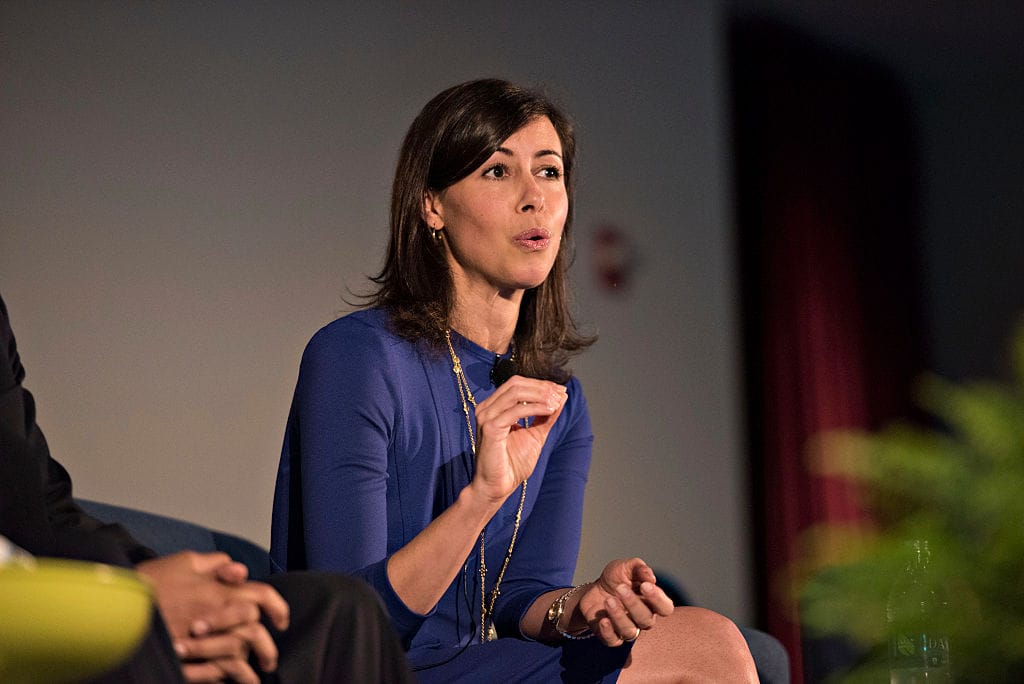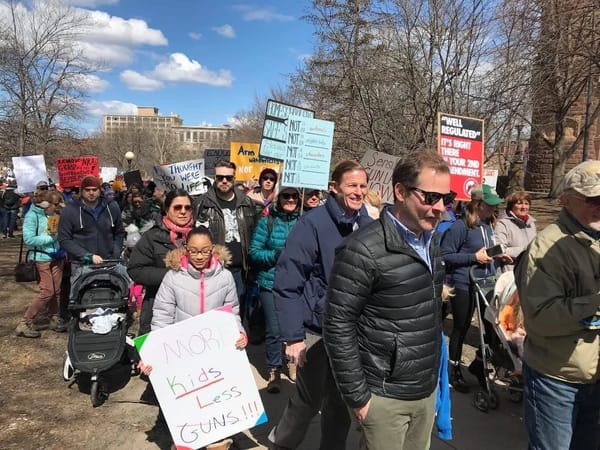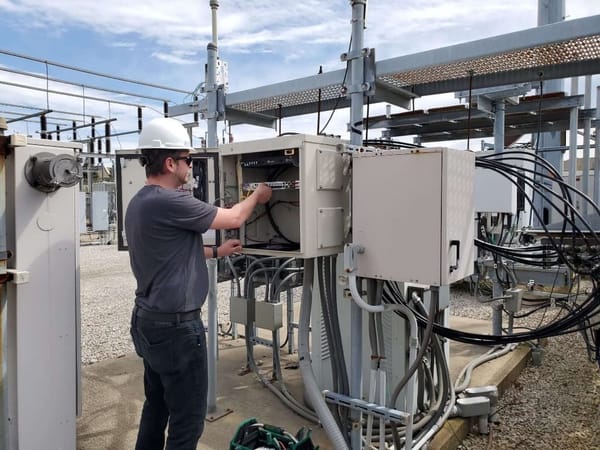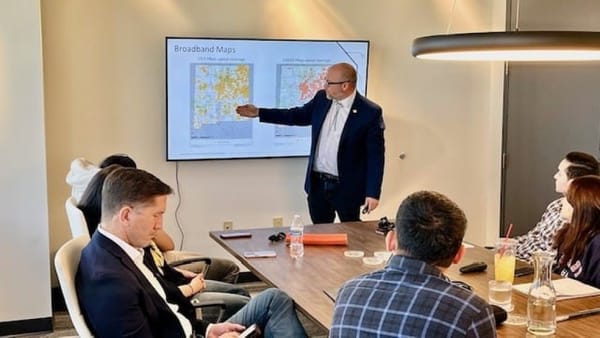Rosenworcel Hails FCC’s Efforts on Mapping, Said Country Needs More Wi-Fi Access
Rosenworcel also emphasized spectrum policy and getting connectivity to low-income Americans.

Rosenworcel also emphasized spectrum policy and getting connectivity to low-income Americans.

WASHINGTON, October 27, 2021 – Federal Communications Commission Acting Chairwoman Jessica Rosenworcel said Friday she is optimistic about the agency’s direction on new broadband mapping efforts and said the testing of the project has produced the best wireless coverage map in the country.

Bipartisan support grows for KOSA despite implementation concerns.

FCC Chairman says he is treating all parties fairly

TDS has agreed to Everstream's six-month delay.

New Mexico, Hawaii report strong provider interest as more states move to prepare final proposals.